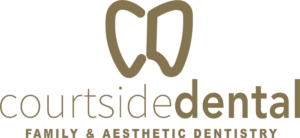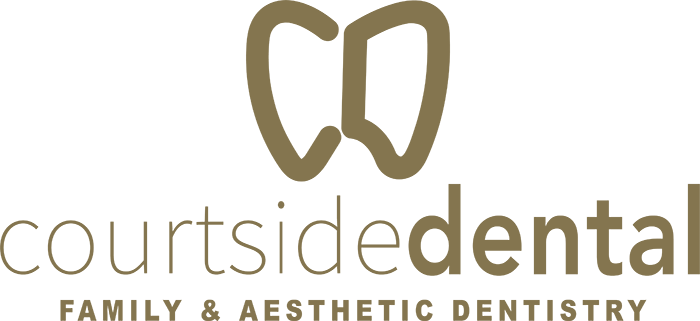
Why Oral Cancer Screenings Are Important

It’s always better to be on the safe side and catch things early with regards to your health. This is why our Portage, MI, family dentist prioritizes preventive oral cancer screenings at every routine dental appointment.
Here’s what you need to know about oral cancer and why it’s important to regularly be screened at our Portage dental office.
Components of an Oral Cancer Screening
When you come in for a teeth cleaning every 6 months, the appointment will start with one of our hygienists screening you for oral cancer. The screening itself is quick, painless, and though it makes up a small portion of your visit, it’s crucial for catching symptoms before it’s too late.
An consists of two main parts: a visual and a physical exam. Our hygienist will be sure to give you a heads up before starting so you’re aware of what’s happening.
We’ll start with the visual portion and ask that any removable dental appliances, like dentures, are removed so the entire mouth can be observed. During this part of the screening, our hygienist will use a light and mirror to look for:
- Lip or mouth sores
- White or red patches inside the mouth
- Loose teeth
- Abnormal swellings, lumps, or bumps
- Ulcerations
Your face, lips, neck, cheeks, and mouth will all be visually examined for asymmetries and obvious abnormalities. If all looks normal, our hygienist will move on to the physical portion of the screening.
Besides visual observation, our hygienist will also gently touch your face, mouth, and neck to check for any hard lumps of tissue. You may not always notice developing masses as early stages of oral cancer are commonly painless. Having a simple screening performed can be what saves you in the end.
Both a physical and visual exam are helpful when it comes to . If it’s been awhile since you’ve last been screened or you are concerned about a related symptom, please schedule an appointment with Dr. Paul so we can perform an oral examination.
Oral Cancer Risk Factors
The can be difficult to predict but there are a few factors that can increase someone’s risk for developing the condition. While genetics and family history can come into play here, they are not the only contributing factors.
You may be at higher risk for oral cancer if you:
- Are 55+ years old
- Smoke or use other tobacco products
- Excessively consume alcohol
- Have a human papillomavirus (HPV) infection
- Expose your lips to the sun without protection, i.e., lip balm
Next Steps After Your Exam
If everything looks good and feels normal during the screening, we’ll proceed with your teeth cleaning and ask you to return in another 6 months. Should something appear abnormal and require further evaluation, Dr. Paul will inform you of any additional tests needed. We may also ask that you come back in after a week or so to see if the area has changed.
Keep Safe With Regular Checkups
While there’s no proven way to prevent oral cancer, receiving a regular screening along with practicing proper oral hygiene can reduce your risk and help you to be more in tune with your health. Schedule your next oral cancer screening with our , by calling Courtside Dental at (269) 327-1011 today or contact us online to request an appointment.
This blog post has been updated.

